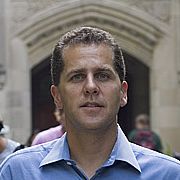
 |
I think if credit unions decided expanded access to financial services for low-income families was a really critical item on the legislative agenda, they could make a huge difference in drawing the attention of senators and representatives to the issue. -Michael Barr |